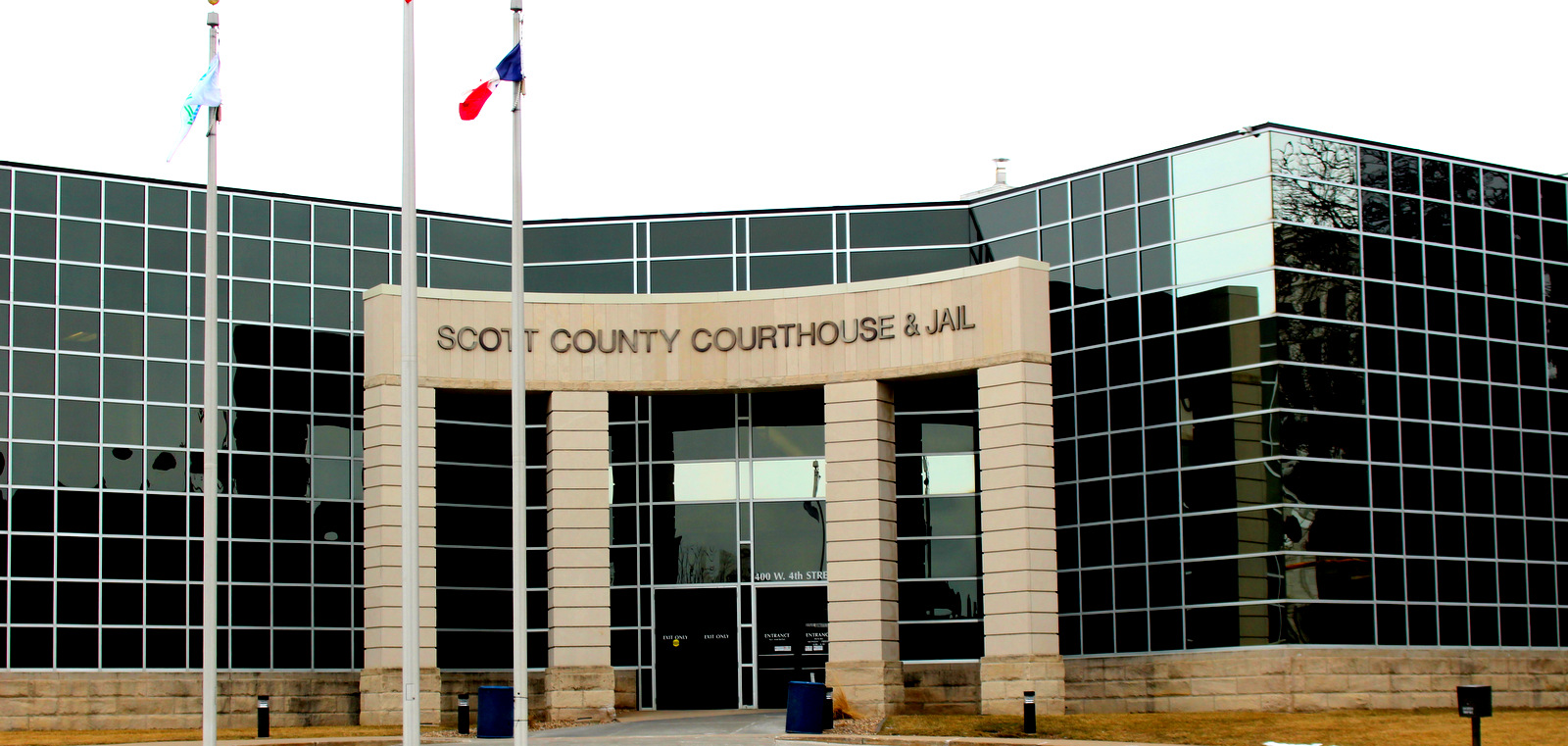Nearly 60 years in Combined DUI and Criminal Defense - We Are Committed to Providing our Clients with the Best-Quality Representation
Iowa Criminal Defense Attorneys
Iowa Criminal Defense Attorneys, for Hanna & Ruud, LLC aggressively evaluate each case and determine whether the charges are warranted. Attorneys Steve Hanna and Rebecca Ruggero work closely to find the best defense for each case, whether it is a felony, misdemeanor, drunk driving OWI DUI, or simple traffic ticket. Experience is everything in criminal defense and we have been practicing since 1990.
You need an experienced and aggressive defense attorney who understands the Iowa Criminal Justice system and has had success eliminating charges and protecting your good name. Hanna & Ruud, LLC will be in give you the personal attention that you deserve. In many situations our criminal defense and OWI/DUI/drunk driving lawyers are able to get our clients the best result possible without our clients even having to appear in court - the stress of a criminal charge is difficult enough to deal with, let us bare the burden so you can live your life!
The Attorneys at Hanna & Ruud, LLC have been practicing criminal defense for nearly six decades in combined experience. Our attorneys will explore all legal defenses and strategies to get you the best result possible. Don't risk your case and freedom to just anyone - When Results Count - Experience is Everything!
Iowa Criminal Defense Attorneys
If you have been charged with a DUI or Criminal offense in Iowa • Call 309-797-9000 for a confidential consultation
Iowa Criminal Defense Attorneys
Practice Areas
Iowa Criminal Defense Overview
Have you been charged with a felony, misdemeanor or OWI in Iowa? If so, you may have some questions regarding how the criminal process works, and what you can expect during your upcoming court proceedings.
The first step is being arrested by a police officer, who may issue you a ticket, such as an OWI, driving while revoked, driving while suspended, reckless driving, loss of control, equipment violations, speeding, etc. The arrest information will be forwarded to the County Attorney’s office, where a Preliminary Complaint will then be filed against you (also known as the defendant). A court date will be scheduled for the first proceeding, which is called the Initial Appearance. During this appearance bail will set if the defendant is in custody, and the defendant can either waive or demand the next hearing, known as t he Preliminary Hearing.
he Preliminary Hearing.
The Preliminary Hearing gives the defendant an opportunity to hear the evidence against them, and also gives the court time to determine if the State has enough evidence to proceed with the case. The State does not need to prove the defendant is guilty at this point, they must simply show evidence that suggests the accused committed the crime. If the State chooses, they may cancel the Preliminary Hearing and schedule a Trial Information or Minutes of Testimony.
The Trial Information is the formal court document that charges the defendant with a certain crime. It also provides the defendant with the evidence the State will attempt to submit in an effort to prove the defendant is guilty. If the Trial Information is approved by the Judge, the State has adequate evidence to proceed with the case. If the State also filed a court-approved Minutes of Testimony, the defendant will be advised of that evidence as well.
The next step is the Arraignment Hearing. This is where the defendant will formally be charged with the crime they have been accused of committing. The Arraignment has certain time restrictions for the State and the defense attorney to file particular motions. Under normal conditions, an accused criminal defendant is entitled to go to trial within ninety days after the Arraignment.
During the Arraignment, the court will schedule dates for a Pretrial Conference and a Trial. The Pretrial Conference can be used as an opportunity to address any legal issues that can be handled before the trial. The Defendant’s attorney and the State will gather information to prove their side of the case. Defendants do not have to prove they are innocent; it is the State’s responsibility to prove the defendant is guilty. It is the defense attorney’s job to gather information used to prevent the State from proving guilt. Information gathered can include documents, applicable laws, speaking to witnesses and simply showing how the facts or circumstances do not imply the defendant’s guilt. Potential plea bargains are also discussed. There are numerous factors involved in why a defendant might decide to plead guilty to the crime or a lesser offense. One reason is called a deferred judgment. If the defendant admits to the crime, the defendant can be placed on probation while they attend classes, treatment sessions, and perform charity or community services. If all the terms of probation are completed satisfactorily, the defendant will be discharged from probation and their criminal record will be expunged. (A deferred judgment is not always an option. A person is entitled to two deferred judgments per lifetime.)
There are also times when a defendant’s Constitutional rights have been violated. In such circumstances, the defendant’s attorney may prevent the State from using any evidence gathered in violation of those rights. A defense attorney will prevent the State from presenting evidence irrelevant to the case, which may unnecessarily sway the jury.
Eventually, if the case is not dismissed or a plea bargain is not reached, the case will go to trial before a Judge or a jury. It is the jury’s responsibility to decide whether the State has presented enough evidence, to prove beyond a reasonable doubt, that the defendant is either guilty or not-guilty. A jury may also decide the defendant is guilty of a lesser charge or offense, if appropriate. The jury will not release a verdict until their decision is unanimous among all jurors. In cases without a jury, a Judge will decide the verdict.
A defendant has the right to file post-trial motions before the sentencing, including motions for a new trial or for a judgment of acquittal. If the court does not order a new trial or acquittal, the defendant will be ready for sentencing. A Pre-Sentence Investigation is often used to determine the appropriate sentence, and eventually the Judge will deliver the sentence at a Sentencing Hearing. After the sentencing, defendants have the right the appeal the verdict to the Iowa Supreme Court within a set time frame.
Contact Hanna & Ruud, LLC Today
Hanna & Ruud, LLC Attorneys at Law has a long track record of helping clients with legal issues in the Quad Cities area. Our Illinois and and Iowa criminal defense attorneys are ready to put our legal knowledge and experience to work for local citizens and visitors who encounter legal problems in Rock Island, Henry, Scott, Whiteside, Mercer, Clinton and surrounding counties in Illinois and Iowa. Licensed in Illinois, Iowa, and Federal Courts.
To learn more about our legal services and how we can assist with your criminal law matter, give us a call:
309-797-9000
or contact us online today:
ARRESTED? IN JAIL? NEED A LAWYER?
309.797.9000
Hanna & Ruud, LLC - Quad Cities based Criminal Defense Law Firm • DUI/OWI/Drunk Driving offenses • Traffic Tickets cases • Felonies • Misdemeanors • Expungement • Drivers License Reinstatement
Illinois • Iowa • Federal Courts Criminal Defense & DUI Attorneys Hanna & Ruud, LLC



